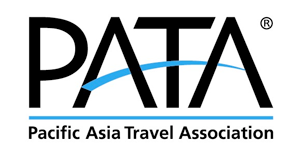Despite its swift and responsive supply chain, the EU and Saudi Arabia's latest travel rules do not consider Chinese vaccines to be effective.
Saudi Arabia and the European Union have excluded travellers who have been vaccinated with Chinese vaccinations, cutting out the largest groups of international visitors in the area, as several countries reduce Covid-19 travel restrictions.
Saudi Arabia has updated its travel regulations, requiring the usage of Pfizer, AstraZeneca, Moderna, and Johnson & Johnson vaccines in order to enter the country, but excluding China's five vaccinations, including the commonly used Sinovac and Sinopharm.
Following the declaration, Pakistan's foreign ministry requested that the kingdom include Chinese vaccinations to its list, citing the country's widespread usage of the vaccinations.
Malaysia's government expressed similar worries when it sought to talk to Saudi Arabia about the problem.
“If they have registered or have been jabbed with Sinovac, then we will discuss this matter with the Saudi Arabia government to accord leeway to them,” said Khairy Jamaluddin, the science, technology and innovation minister.
On May 19, the EU decided to relax travel restrictions for non-EU travellers in advance of the summer tourism season; nevertheless, the group will only accept vaccinations that have been approved by the European Medicines Agency (EMA), which excludes vaccines made in China.
People in China have received the majority of Sinopharm and Sinovac vaccinations, with the country's numbers indicating that 243 million people have been immunised.
China had sent about 115 million immunizations to over 60 nations as of March, including Brazil, Turkey, Pakistan, and Malaysia who could face restrictions from travelling to the EU countries and Saudi Arabia.
Sinopharm received emergency authorisation from the World Health Organization (WHO) in early May, which could indicate that the vaccine can be used to support WHO-backed efforts to disperse doses equitably around the world.
As part of its "Vaccine Diplomacy" campaign, China has also provided millions of vaccines to African countries.
As of now, China only acknowledges its own vaccination, which means that foreign citizens will have difficulty visiting the country for vacation or business.
“A global division of peoples based on vaccine adoption will further worsen and prolong the pandemic's economic and political effects,” Nicholas Thomas, associate professor of health security at City University of Hong Kong, said.
Millions of people who are unable to choose their vaccine will have limited travel options in the future, wreaking havoc on the worldwide tourism industry and global commercial opportunities.
“It runs the risk of dividing the world into vaccination silos based on vaccine nationalism rather than medical necessity,” Thomas said.
- TAGS / KEYWORDS:








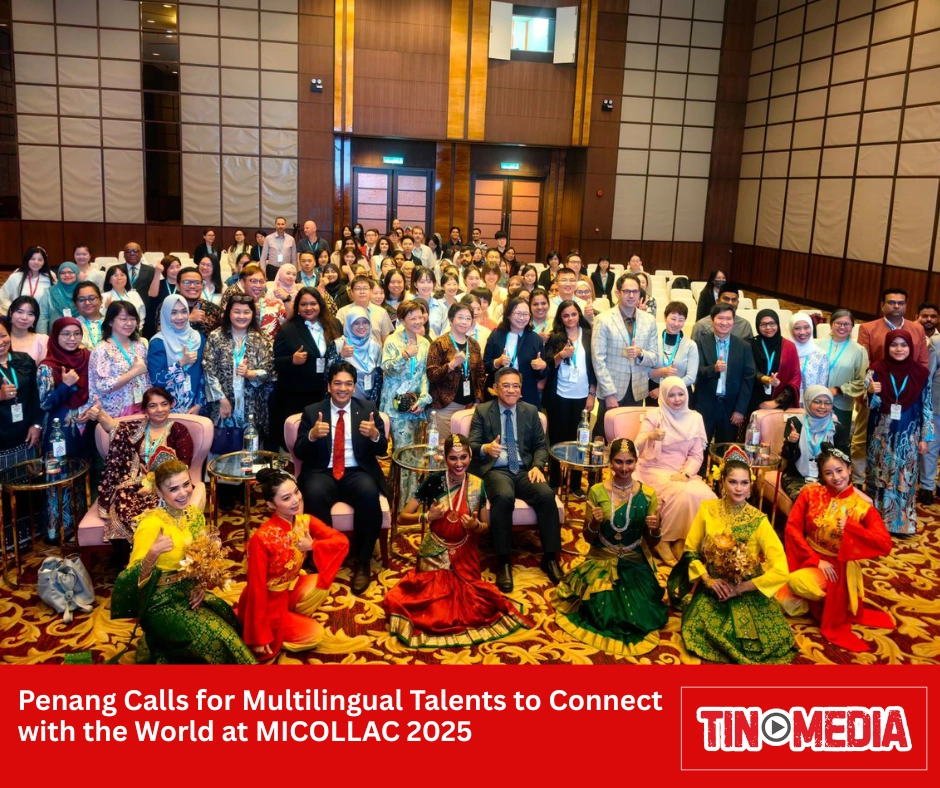

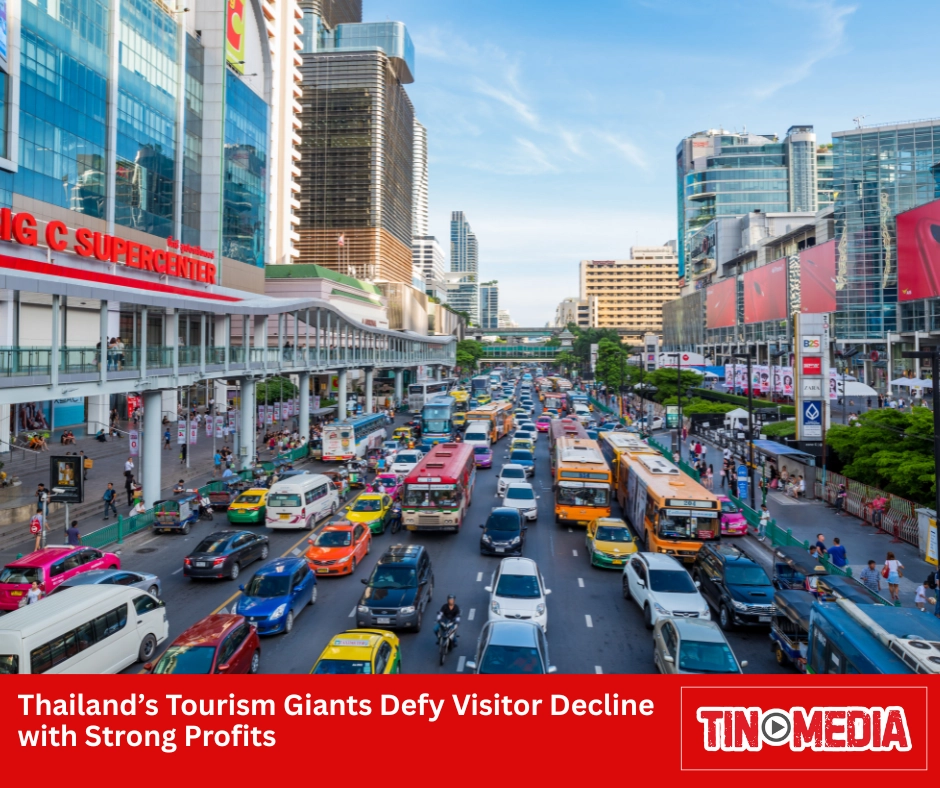
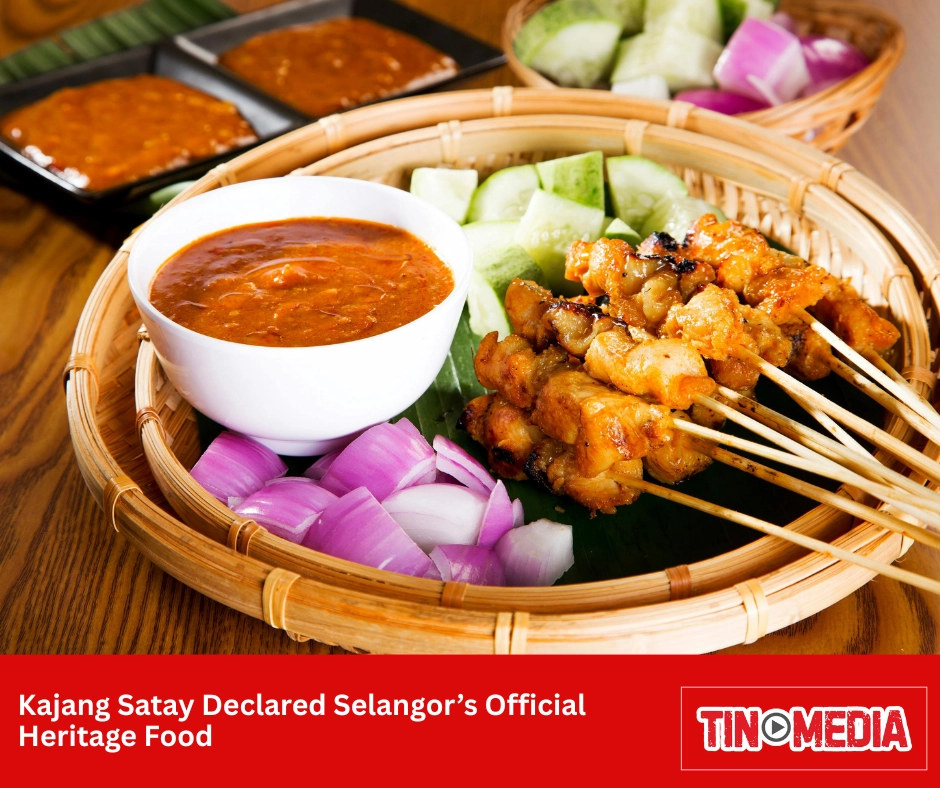


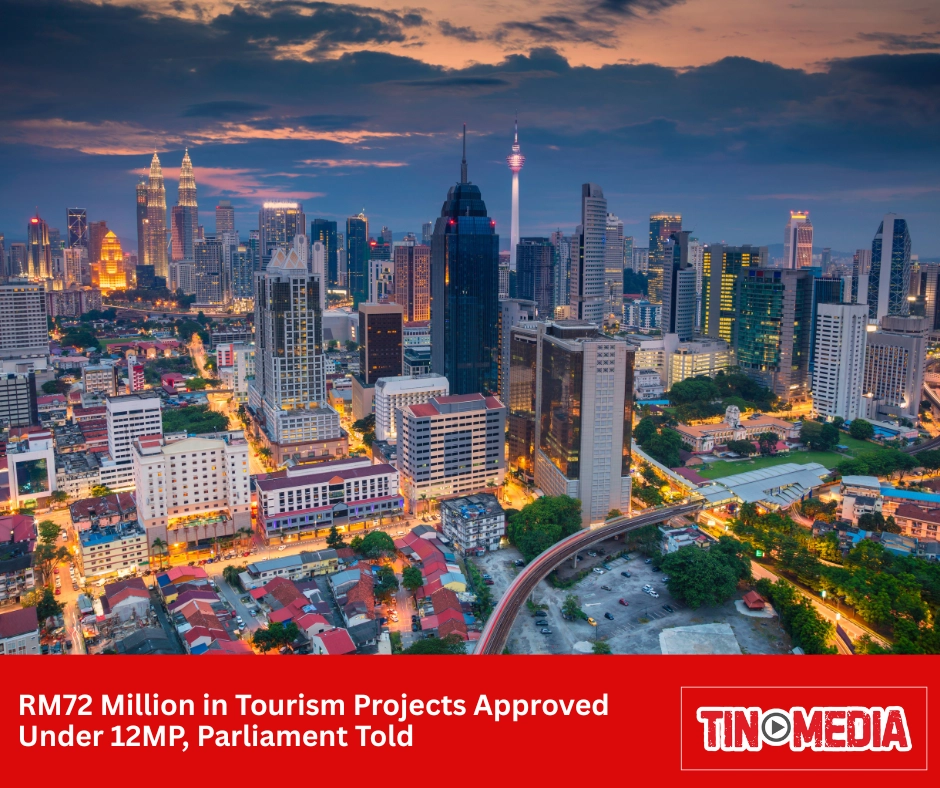



.png)






